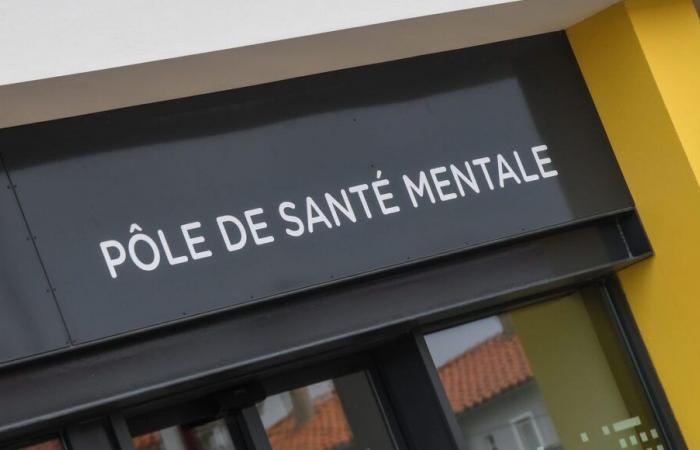
France Bleu Normandie Caen: Prime Minister Michel Barnier decreed that mental health would be the great national cause of his mandate. What did you say to yourself when you found out? Is that a good thing? Finally ? Isn’t it too early?
Claudine Guily: It’s probably already very good. This announcement made us extremely happy. She had already been in the halls for a while. And indeed, for us, it is interesting that we can finally talk about mental health. We know that there are more than 2 million people who suffer from severe mental disorders. and that it is more than 3 million people who accompany them every day. So this is obviously very, very good news.
Behind the announcement effect, what are your concrete expectations?
Our expectations are to perhaps be able to provide the necessary resources to hospitals, to the people who provide care and support to families.
Because the psychiatry sector is doing badly, very badly… The staff are opposed to the bed closures which seem inevitable, 5 beds closed in psychiatry at the Flers hospital, 16 beds eliminated at the public health establishment mental health of Caen, fewer and fewer practitioners… What does all this inspire you?
We are telling ourselves that we are living a period of discounted psychiatry and we have great concern in terms of patient care. Because if there is no longer a referring doctor, the teams, obviously, are suffering and we wonder in the years to come what will become of the hospital.
Establishments are developing care in patients’ homes. Can this replace hospitalization?
You know, when you have someone who is in crisis, there is no other choice than hospitalization. And a hospital, for me, is irreplaceable. Perhaps for people, to prevent relapses, the fact that there is support at home is interesting, we cannot deny it. There are mobile teams deployed. It’s interesting, but for me the big question is when there is a need for hospitalization, if we are not able to accommodate, how will the loved ones cope? What we know is that currently families are increasingly playing this role of caregiver.
What do these families tell you? Do they feel unwell?
They are a little distraught when we tell them, for example, of the pathology of one of their children. They are completely helpless. It’s a tsunami for them. And our role is to be able to welcome them and explain to them. We realize that the less we inform people, the less we have told them things, the more worried they are. And so often, it’s a fairly long journey, sometimes there are repeated hospitalizations, etc. So all of this needs to be explained.
Remember that mental health concerns everyone…
We all have mental health, that’s for sure. But afterwards we can have mental health with disorders which are often still severe disorders. When we approach psychoses, bipolar disorders, severe depression, obsessive-compulsive disorders, etc. Everyone has their little neurosis, but not everyone needs to go to the hospital and not everyone suffers from serious disorders.





